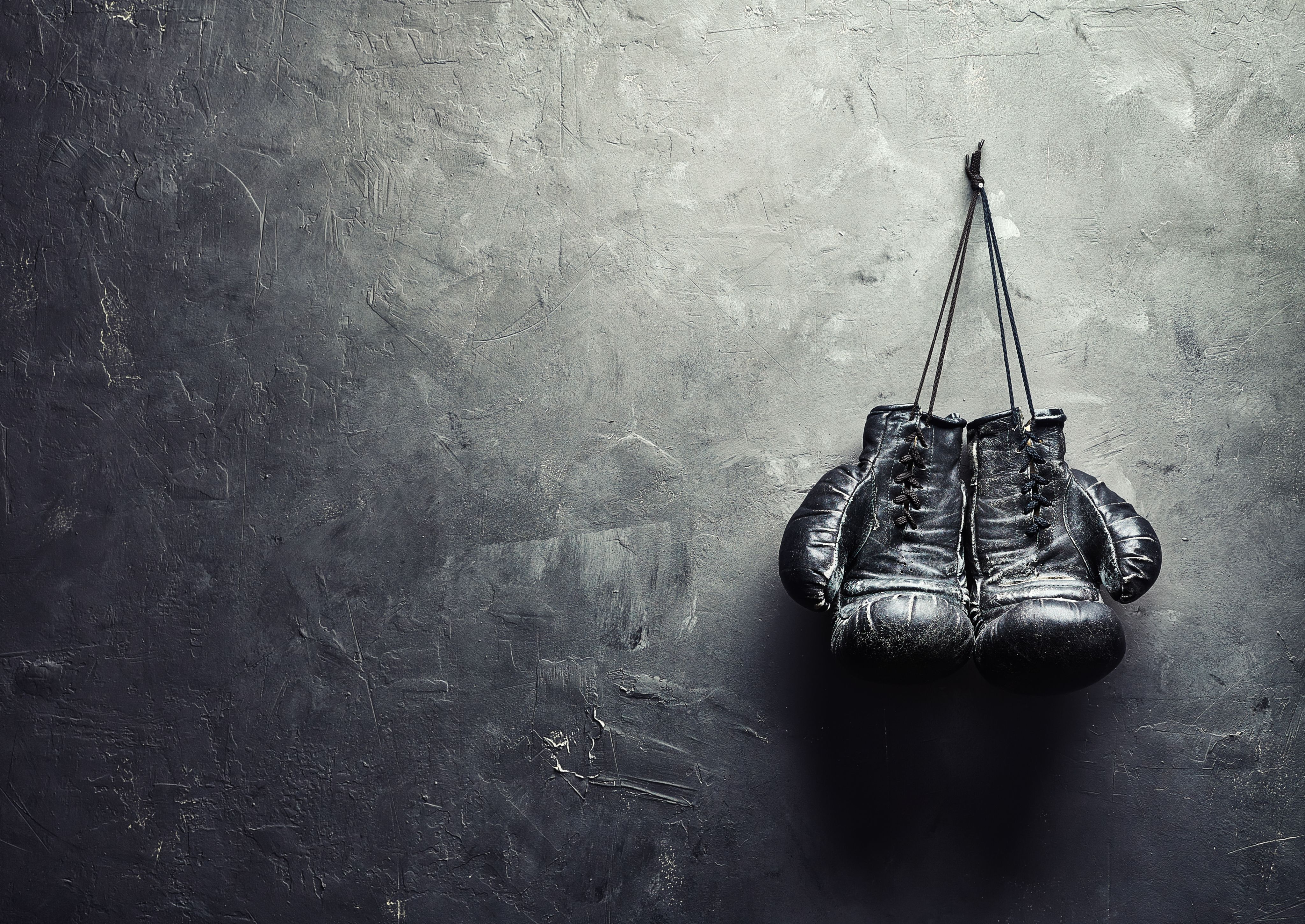Chroma delivers ‘unorthodox’
therapy to brain injury survivor
at Voyage Care

A music therapist, has adopted an unorthodox approach to support a client at Theoc House, a Voyage Care specialist neurorehabilitation setting in Gloucester, to overcome significant physical weakness following an acquired brain injury.
Theoc House provides support to 10 individuals with an acquired or traumatic brain injury, constantly working with the resident, their families or friends, to build a rehabilitation programme that works to complement the resident’s personal goals as well as the rehab team’s planned outcomes.
Vicky Guise, neurologic music therapist at Chroma works at the home providing neurologic music therapy to residents recovering from and living with brain injuries.
One particular resident is living with significant weakness on one side of the body as a result of an acquired brain injury. Motivated by physical movement, Vicky decided to change the narrative and incorporate boxing into her music therapy rehabilitation approach.
Boxing not only helped the client build strength but also provided a non-verbal, emotional release. Boxing, coupled with exercises such as squats, to their preferred music, the client also improved focus and attention. The music helped the client increase their exercise rep count over time.
Vicky said: “It has been great working with this client, whose attitude to physical activity is inspiring, and although maintaining attention can be challenging at times, the client’s been able to develop greater focus and strength through boxing.
“It’s been fun for me to, to do something completely different. You have to be prepared to make the sessions person-centred to ensure they get out of it what they need. The emotional release helps lift the client’s mood and face the day with a more positive outlook. It has been worth adapting my approach to meet his motivations.”
Vicky has also begun to explore supporting his emotional wellbeing through the creation of rap music. The client has written lyrics exploring his feelings and relationships with others, as well as a birthday rap for a member of staff.
As part of this, he has also created beats using Garageband, which has provided opportunities for him to explore executive function, including decision making.
As well as providing a means of self-expression in a musical style that is motivating for the client, it has also offered opportunities to develop his memory through working to learn the lyrics and build his focussed attention.
Being able to work alongside a physiotherapist at Theoc House, Vicky believes has significantly enhanced the rehabilitation outcomes for this stroke survivor.
By combining neurologic music therapy and physiotherapy into the rehabilitation journeys of clients at Voyage Care, another client has been able to stand for longer, move on the weaker side, as well as shift weight across both sides.
And over 12 weeks, using Therapeutic Instrumental Music Performance (TIMP) exercises to strengthen the core, has helped this client to stand unaided and hold items on the weaker hand.
Offering physiotherapy and neurologic music therapy simultaneously, significantly enhances the rehabilitation journey.
Pam Browning, physiotherapist at Voyage Care added: “Working alongside Chroma’s neurologic music therapist has expedited rehab, which is great for clients. More often than not, clients are not motivated to exercise as it can be painful or monotonous, but by using music therapy as a new context for our sessions inspires clients to push themselves further and go the extra mile.”
Learn more about Chroma at wearechroma.com
